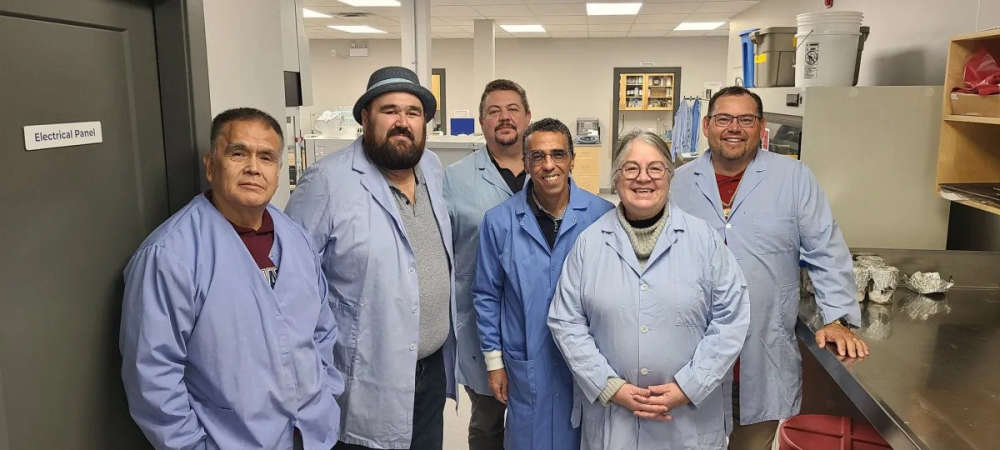
The BC Centre for Aquatic Health Sciences is celebrating its 20th anniversary this week in Campbell River.
Established in 2005, the internationally recognized non-for-profit lab is now Indigenous led, and has been providing services to local industries, First Nations, academic institutions, and government for two decades.
BC CAHS provides data from samples related to the health of aquatic animals, as well as their surroundings and interactions between wild and farmed fish, the environment, human activities, and climate change.
Managing Director Dr. Ahmed Siah says the whole idea of CAHS in 2005 was to fill the gap between fundamental science from academia and the services needed by local industries and wild fisheries from a scientific point of view.
BC CAHS became Indigenous led with a change to the board’s governance structure in 2022.
Currently the lab is working with local First Nations to complement environmental monitoring done by Guardians and provide testing for samples taken from watersheds and wild fisheries.
With a goal to further advance the use of Indigenous traditional knowledge in Western science, BC CAHS and First Nations aim to capture the most holistic overview of what is happening in the ocean, in their territories, and to wild salmon.
Plans for BC CAHS for the next 20 years include a transition into the Indigenous Centre for Aquatic Health Sciences & Stewardship (ICAHS) as part of the Wei Wai Kum Nation’s development of an inclusive, local place-based stewardship centre.
Wei Wai Kum Chief Councillor Chris Roberts says the vision for ICAHS, while still in progress, is one of knowledge sharing, stewardship, and collaboration between Indigenous peoples and science experts.
He says the partnership will bring together Indigenous knowledge systems and environmental monitoring with real-time science to provide the most robust and current information available about what’s happening, to help guide integral decision-making for Nations.
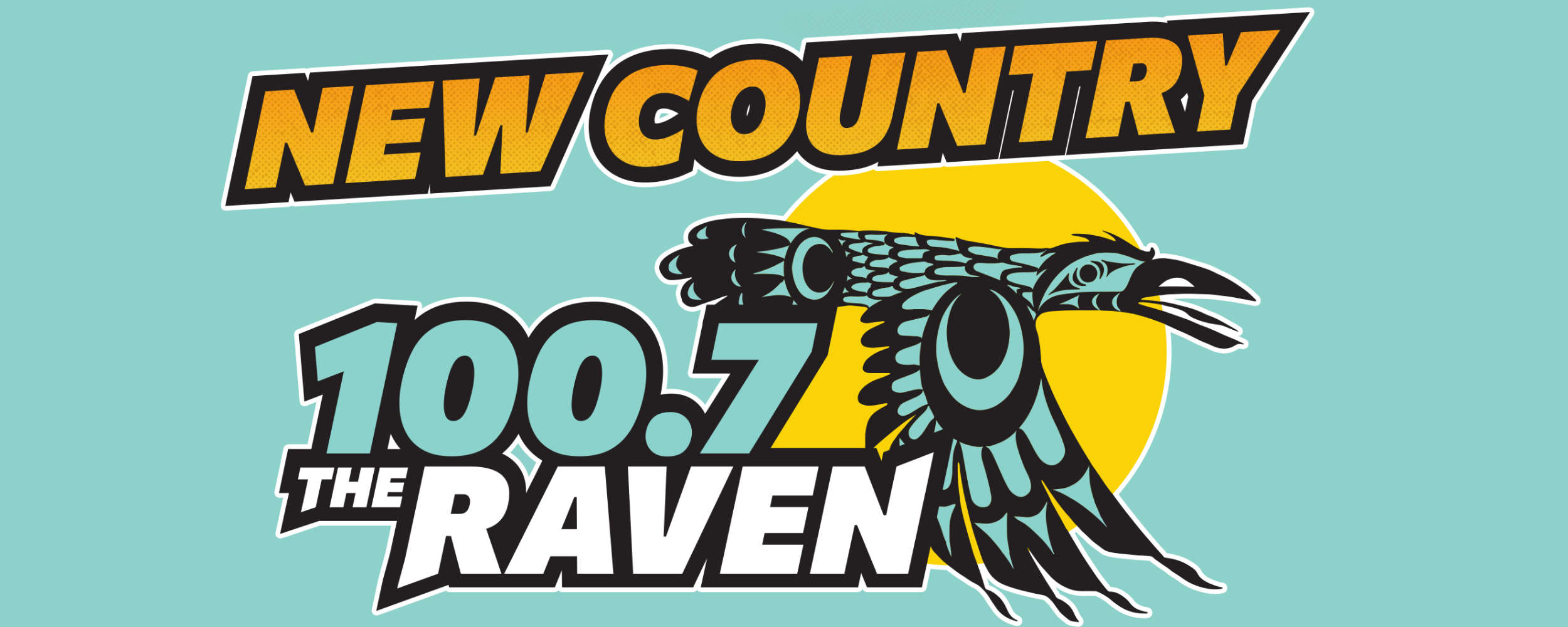

 Comox Acquires Land For New Public Park
Comox Acquires Land For New Public Park
 Road Closure For Glen Eagle Drive Water Repair
Road Closure For Glen Eagle Drive Water Repair
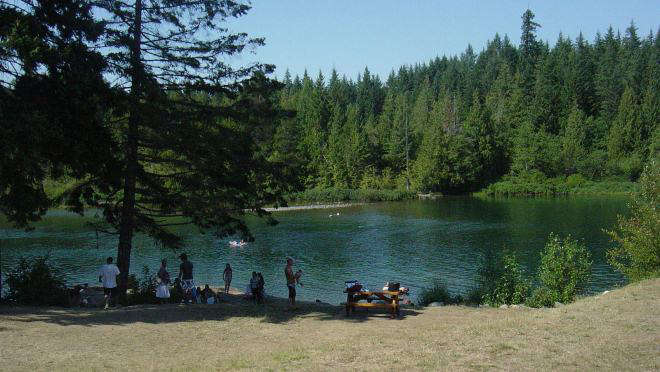 Work To Begin Soon On Puntledge River Recreation Area Trail Improvements
Work To Begin Soon On Puntledge River Recreation Area Trail Improvements
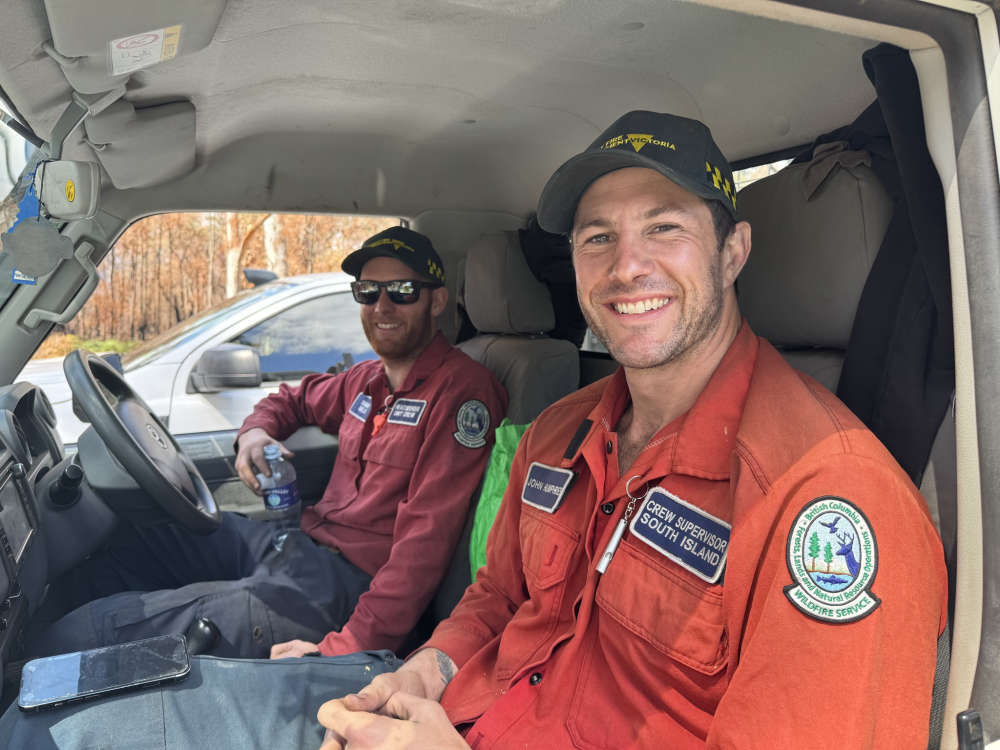 BC Wildfire Service Staff Welcomed Home From Australia
BC Wildfire Service Staff Welcomed Home From Australia
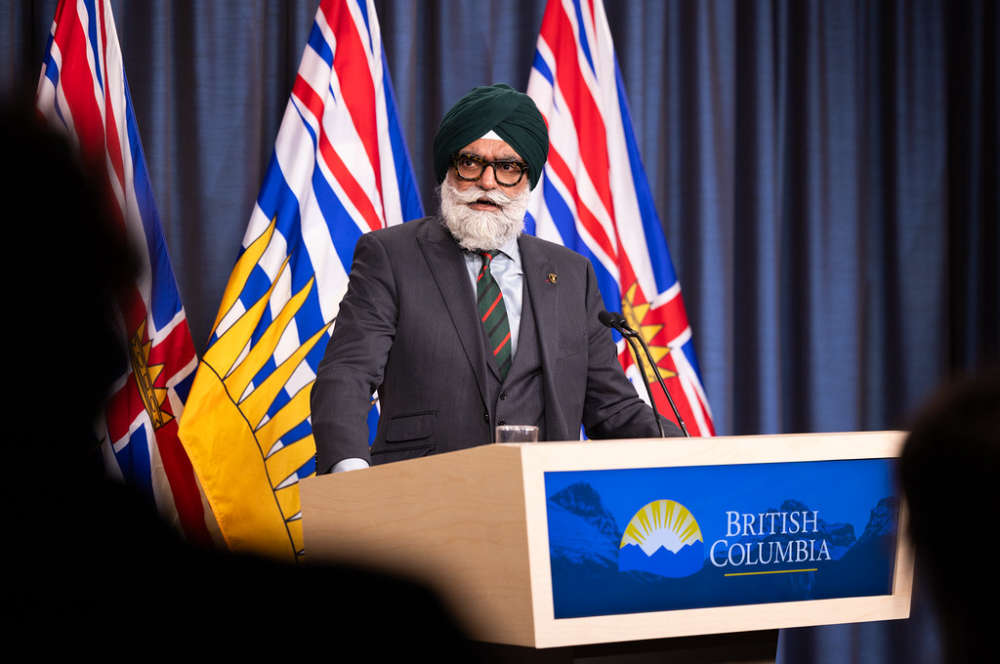 Chief Coroner Directs Inquest into Tumbler Ridge Deaths
Chief Coroner Directs Inquest into Tumbler Ridge Deaths
